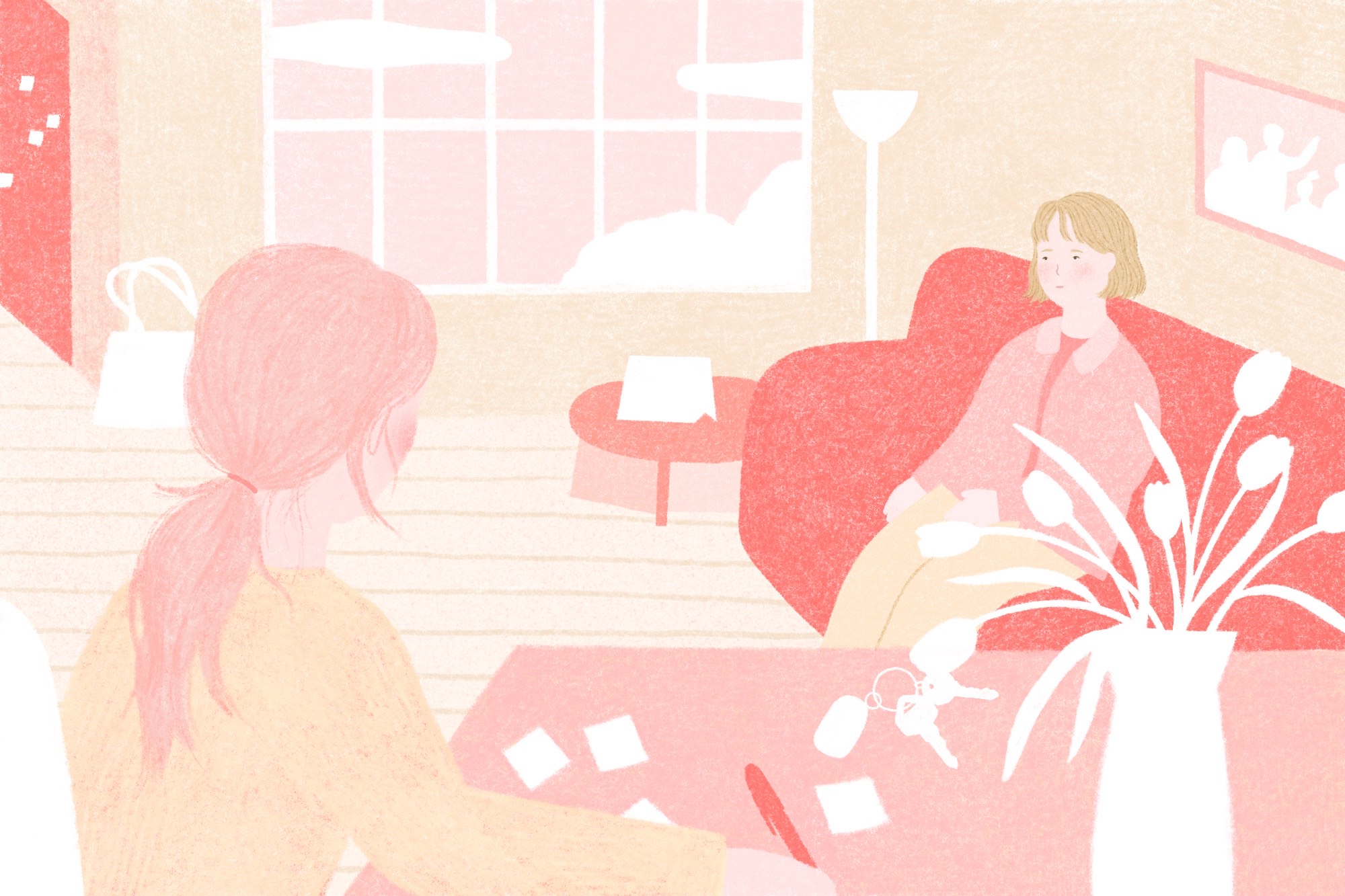I guess the oddities were there for a while.
Over the years, she’d be more lachrymose and quieter than usual at family gatherings (but we are a large, jabbering bunch). Then a few times, out of the blue, she would declare her trusted Toyota had broken down when she’d simply forgotten to put it in drive, even once asking a stranger in a remote village to help her to “fix it” so she could return home.
More drastically, she made a sudden firm offer for a condo in a neighbouring town when she hadn’t even started to work out finances or prepare to sell our family house, where she had lived for nearly 40 years with our late father.
Despite the signs, and without any family history, we were floored by our octogenarian mother’s recent Alzheimer’s diagnosis. She had been no slouch in the brain department, working most of her life in demanding health-care roles. She had brought up four children while coping with a peripatetic military life. And for more than 40 years, she had been a bridge-playing demon, notching up many friends and leaderboard points at the card table three times a week.
Sure, regular exercise—key ammunition in the fight against this cruel disease—was hit and miss. She had dabbled in aquarobics and tai chi classes but never failed to live up to her school report for physical exercise: “Felicity is very slow to obey commands.”
COVID was likely the last straw, robbing her of bridge (she was long retired from her career) and her enthusiasm for chatting with anyone at all when out food shopping or browsing clothing stores. Despite myriad FaceTime chats and outdoor visits, she struggled like many who lived alone. Throw dementia into the mix, and it was doubly hard for her to understand and navigate the pandemic.
As the use of face masks started, she underwent an MRI scan of her brain for the official diagnosis, delivered at a memory clinic with us siblings in free fall trying to work it all out: the nauseating switch that left us parenting the parent.
Her behaviour had already left me in a wobbly attempt to straddle two continents: my full-on freelance journalist work and family and friends in Vancouver, where I arrived as a British expat in 2000, and the terrific tug from the U.K. motherland. Luckily, I landed a job curating events at a hotel near her home in England. I hoped the move would help, but I soon found talking about my new job left my mother thinking she was a sous-chef in its kitchens, and she often headed out to wait for the bus to take her “to work.” All amusing. At first.
As the months ran on (dividing weeks between a rental and staying with Mum), I inevitably became a tax resident of the U.K. Exhausted with care duties and transatlantic flights, my partner and I decided to sell our home in Vancouver. Years of a life in storage followed.
Her family and the growing army of carers started to pinball around Mum’s bewildered thoughts. She no longer knew how to make a cup of tea and needed constant reassurance as she sat in her condo with her handbag, coat, and keys at the ready, asking on repeat: “When are we going home?” A puzzle so real to Mum’s mind, she once walked two miles at midnight to try to reach her old house (again, she was returned by a kind stranger).
Where once there was independence, now we stepped in to sign her Christmas and birthday cards, organize family gifts, activate the power of attorney (set up years before “just in case”) for banking, and increasingly point out where the kitchen or bathroom was. Personal care soon followed for this beautifully styled woman: cutting nails, bathing, and, well, to be blunt, pulling out the odd chin hair.
All part of what they call the “long goodbye” as she regresses. Still chatty, she speaks in trailing non sequiturs, provoking a mixture of mirth and despair. She will always know she loves you, the experts say, and we’re always so grateful when she says she does. Even if she confuses one of my brothers for one of her own three (now all dead), she still recognizes us. Fleeting moments of loving emotion. Something upbeat in what can feel quite a hopeless time.
Today, for example, she excitedly told us about returning from a visit to her old convent school in Scotland (impossible from her bedroom hundreds of miles away) and how she was now staying in a “lovely hotel”—quite the accolade for the care home she moved into last month. We’re firmly in the ebb and flow, however. Tomorrow she’s likely to return to a furious tone around dusk, quizzing everyone again: “When am I going home?”
Read more from our Spring 2023 issue.









